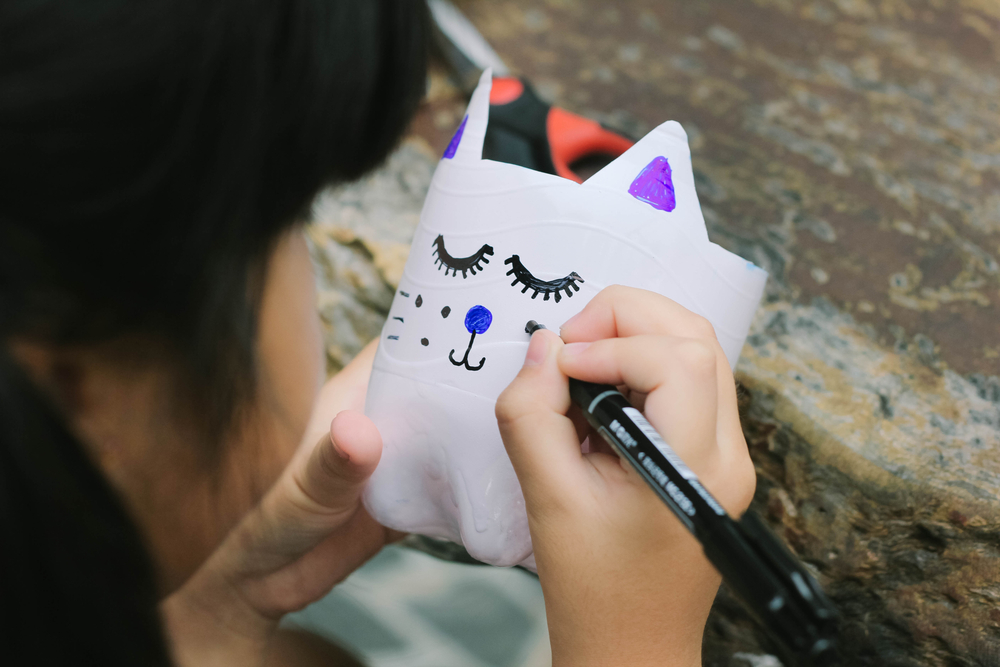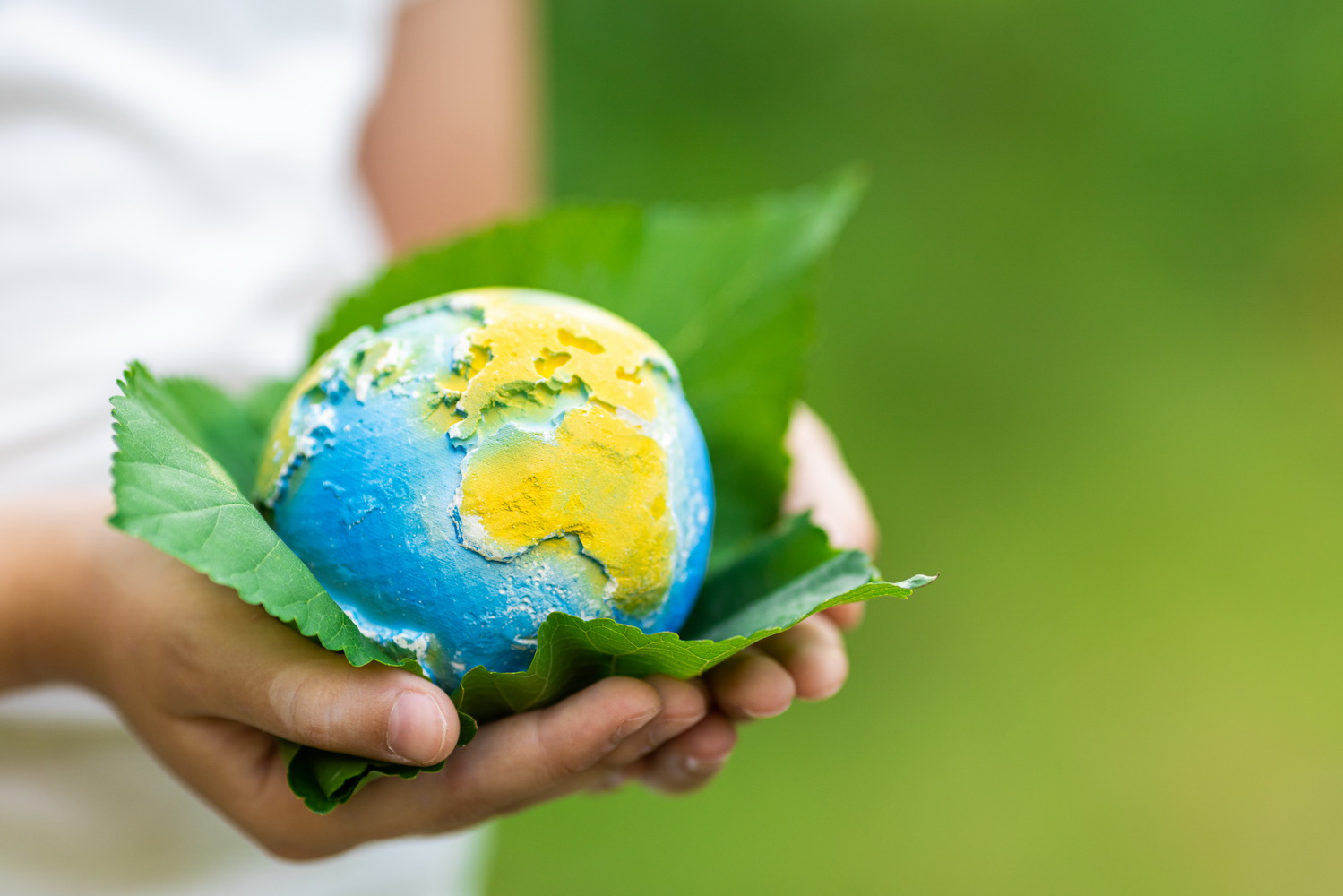Enhancing vocabulary Our Planet and Environment Worksheets for Ages 3-7
3 filtered results
-
From - To
Unlock a world of vocabulary development with our "Our Planet and Environment Worksheets" designed specifically for children ages 3-7! These engaging and interactive resources aim to enhance young learners’ understanding of vital environmental concepts while broadening their language skills. Each worksheet features age-appropriate activities that encourage exploration of nature, ecosystems, and sustainability. Children will learn new words, engage in fun exercises, and deepen their appreciation for the planet. Perfect for parents and educators alike, these worksheets make learning about our environment enjoyable and impactful. Download now and inspire the next generation of eco-conscious little learners!
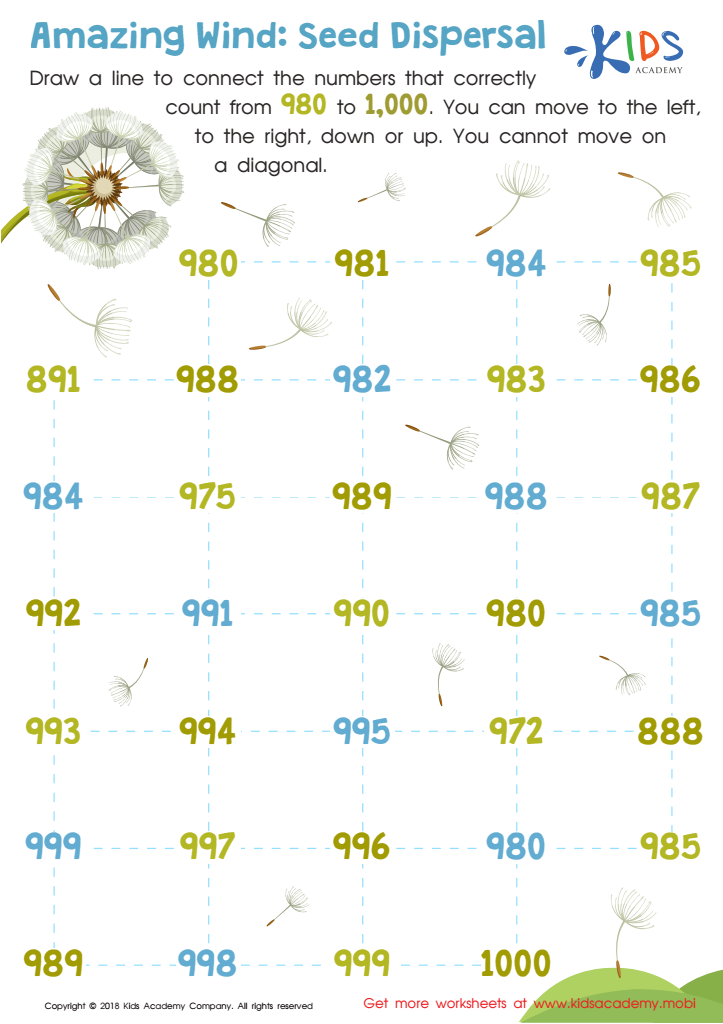

Amazing Wind: Seed Dispersal Worksheet
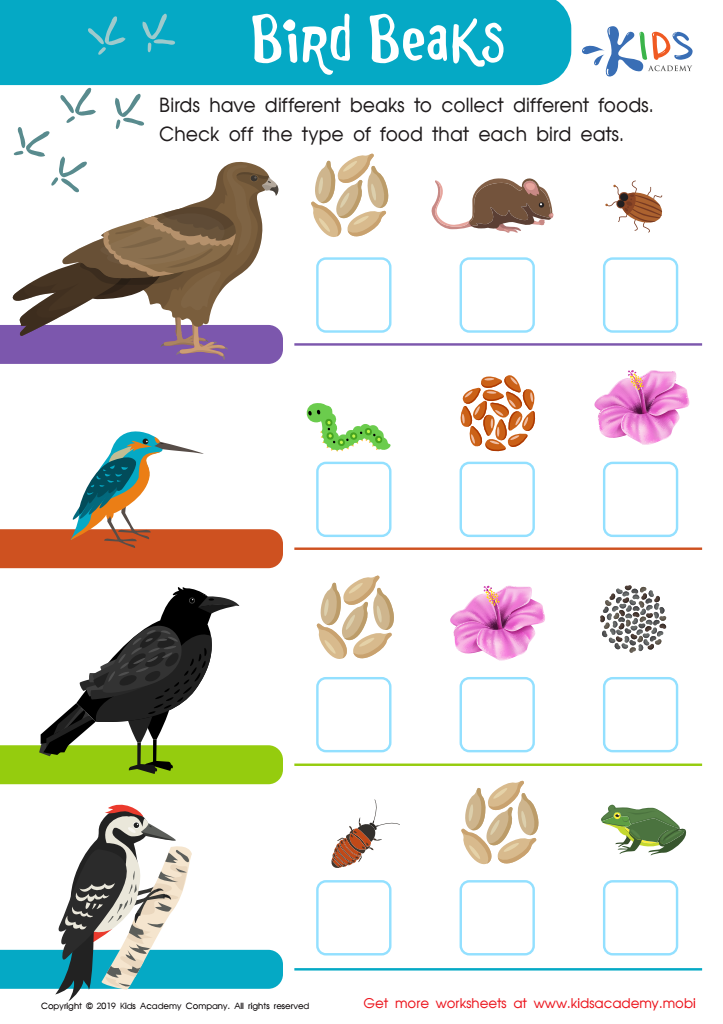

Bird Beaks Worksheet
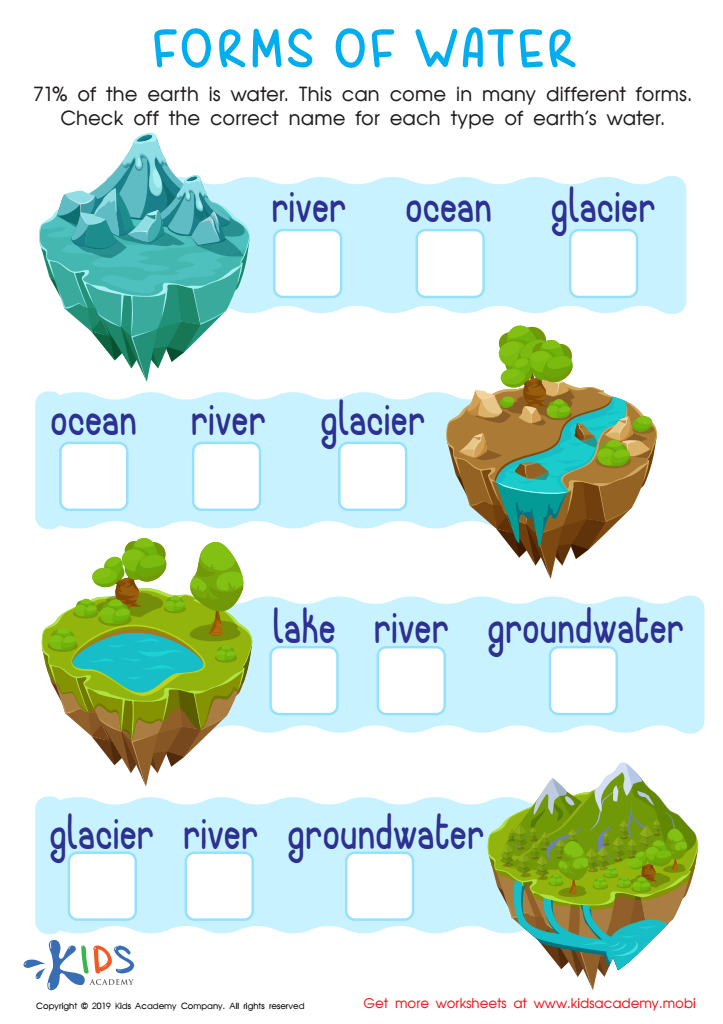

Forms of Water Worksheet
Enhancing vocabulary related to Our Planet and Environment for children ages 3-7 is vital for several reasons. Firstly, early exposure to environmental vocabulary fosters curiosity and awareness, helping young learners grasp complex concepts about nature, sustainability, and biodiversity. It cultivates a sense of responsibility and belonging in children, making them feel like active participants in the world around them.
Furthermore, a rich vocabulary enhances communication skills, enabling children to articulate their thoughts and feelings about environmental issues effectively. This development is crucial as it lays the foundation for critical thinking and problem-solving, particularly in areas concerning climate change and eco-friendliness.
Additionally, engaging children in environmental discourse can inspire them to appreciate and protect their surroundings from a young age. Teaching vocabulary around subjects like plants, animals, ecosystems, and conservation encourages empathy toward living organisms and reinforces the importance of preserving our planet.
For parents and teachers, investing time in enhancing vocabulary about Our Planet and Environment not only supports academic growth but also cultivates nurturing, informed citizens who may advocate for ecological stewardship in the future. Ultimately, helping children develop environmental literacy sets the stage for a more sustainable world, ensuring the well-being of generations to come.

 Assign to My Students
Assign to My Students






